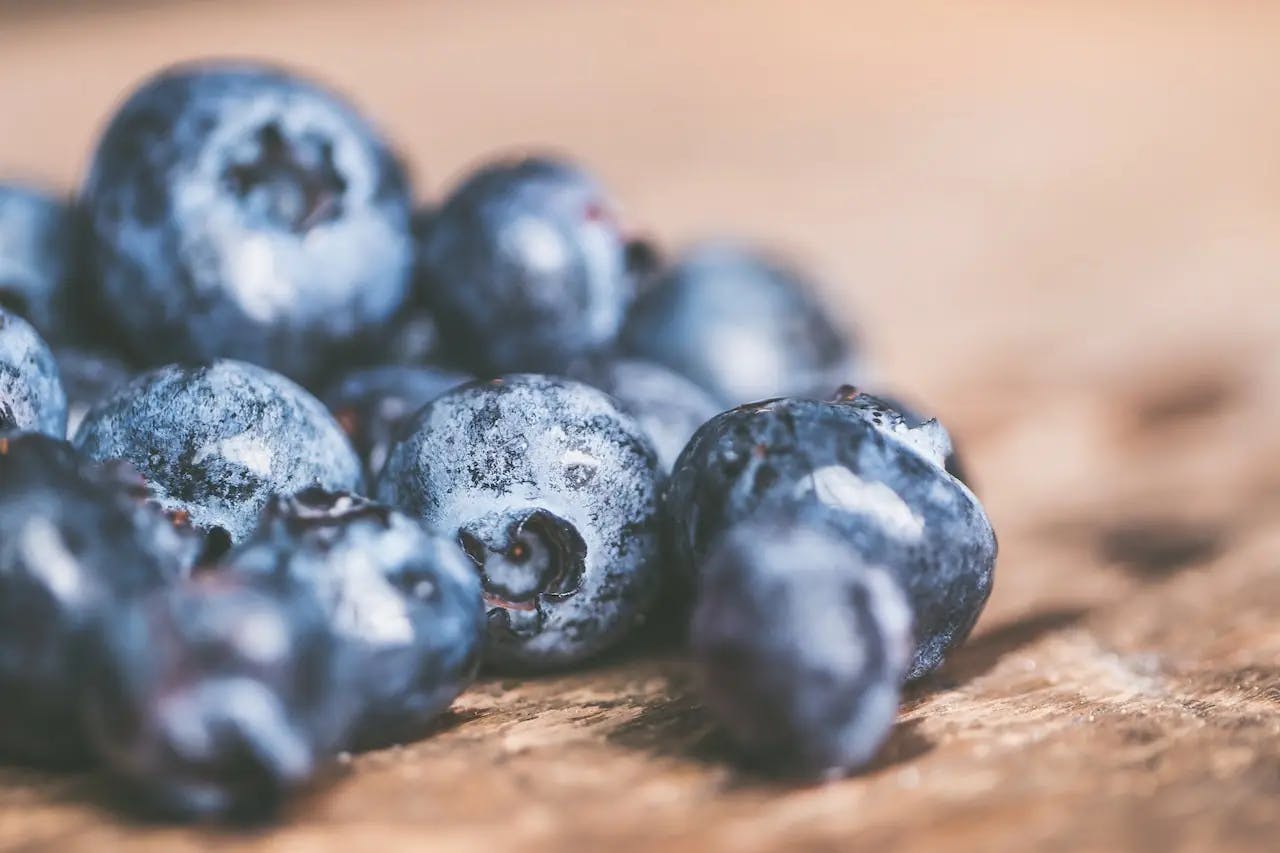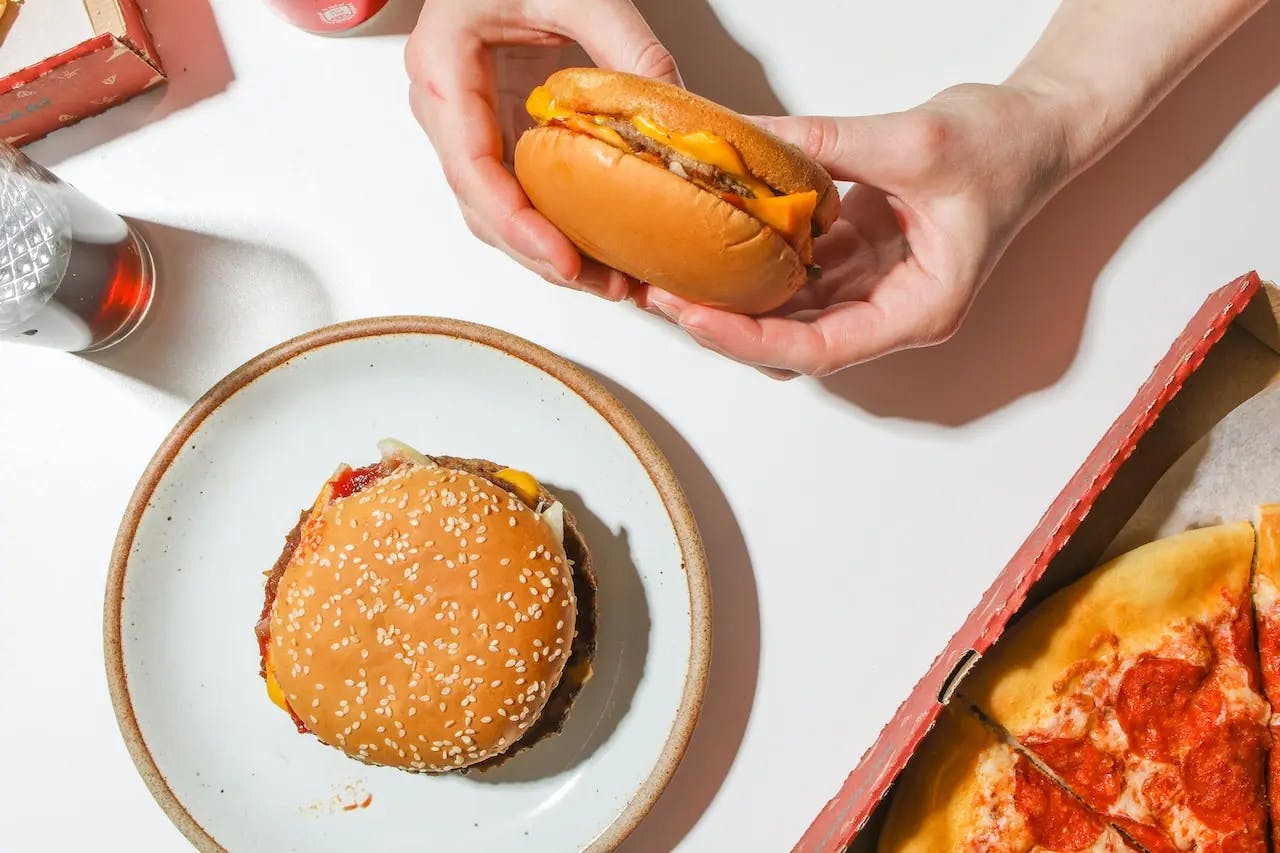What You Need To Eat To Maintain Brain Health
•Nutrition

Share
There is currently an estimated 411,100 people in Australia living with dementia, according to the Australian Institute of Health and Welfare.
The most common cause of dementia is Alzheimer’s disease, a condition which causes the brain to deteriorate, results in impaired memory, and often makes it difficult for the sufferer to perform everyday tasks by themselves.
While Alzheimer’s disease is more common in older people, anyone can get it. Likewise, while there is currently no cure, researchers have developed a diet which they believe could help stave it off or at least slow its progress.
The MIND Diet
Research has indicated that two diets, known as the Mediterranean and DASH diets, can be combined to slow or prevent brain decline. Initial studies have indicated following this diet, known as the MIND diet, can reduce the risk of Alzheimer’s by 35% to 53%, depending on how closely it's followed.
This diet has 10 food groups:
- Green leafy vegetables
- Other vegetables
- Berries
- Beans
- Nuts
- Wholegrains
- Fish
- Poultry
- Olive oil
- Wine
Proteins
In terms of proteins, this diet demands that you eat poultry at least twice a week and fish at least once a week. Aside from being high in protein, these foods are generally low in saturated fats, making them great for your waistline, too.
The fish should be a variety that is high in omega-3 fatty acids, such as salmon, tuna and sardines. When it comes to poultry, try to consume chicken or turkey. This doesn’t mean fried chicken, though!
Vegetables
According to this diet, you should aim for six or more servings of green, leafy vegetables per week. Examples include kale, spinach, cooked greens and salads. You are also encouraged to eat another vegetable alongside your leafy greens, at least once per day.
Beans
It’s recommended that beans be consumed in at least four meals per week. This applies to all forms of beans as well as lentils.
Wholegrains
The MIND diet recommends that you aim for at least three servings of wholegrains per day, examples include quinoa, brown rice, wholewheat pasta and 100% wholewheat bread.
Nuts & Berries
These are considered ideal snacks for maintaining brain health. Research has indicated that blueberries and strawberries are particularly good at this. Berries should be consumed at least twice per week, while you should aim for at least five servings of nuts per week.
Wine
Believe it or not, the old fermented grape juice has been shown to protect your brain from Alzheimer's. The catch is that it has to be consumed in moderation — that means a maximum of one glass per day for women and two glasses for men.
Olive Oil
This versatile cooking ingredient doesn’t just add flavour to your meals — it can also help your brain stay in tip-top shape and potentially ward off dementia.
What To Avoid
The MIND diet recommends limiting a few foods. It specifies that red meat (beef, lamb and pork) be limited to three to four servings a week.
Butter consumption should be reduced to less than a tablespoon per day, while fried food and full-fat cheese should be restricted to one serving per week each.
Pastries and sweets should also be added to the naughty list, with consumption limited to just four times per week.






